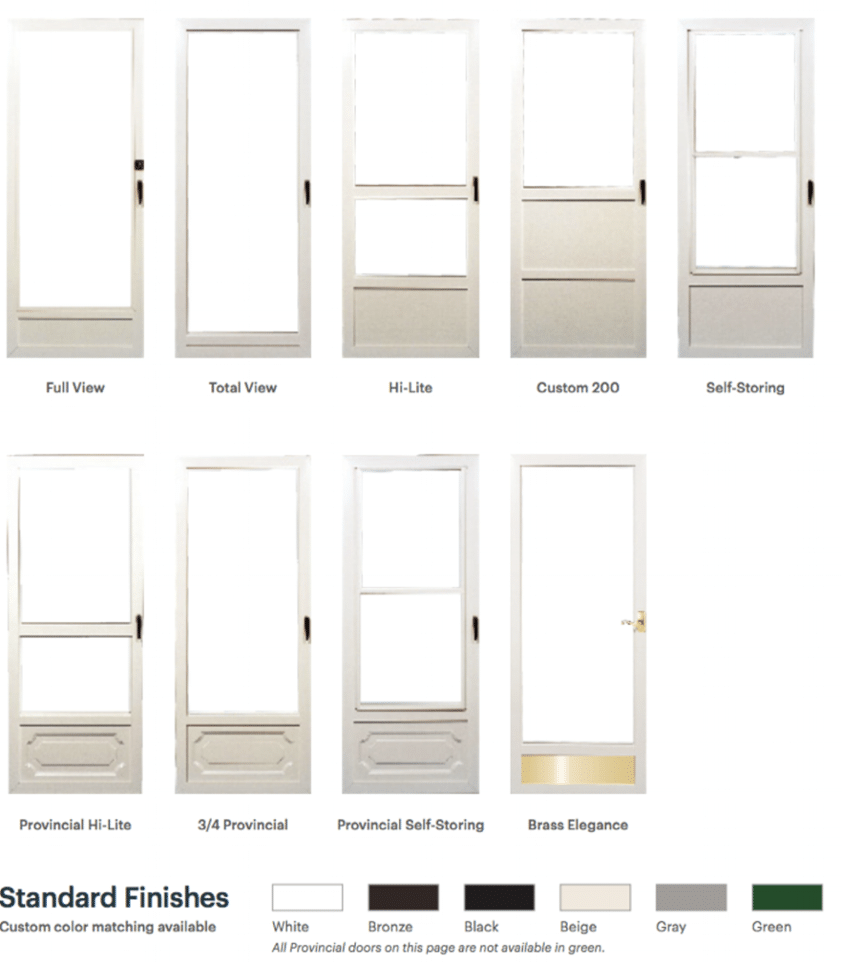Do-it-yourself home remodeling projects can save you money, expand your DIY skills, and increase the value of your home. However, these projects can quickly become overwhelming without the proper preparation and knowledge.
Whether you are replacing carpet or renovating your entire kitchen, you can avoid common mistakes made by DIYer's by following the tips listed below. Consider these details when planning your next project:
1. Understand the Complexities
The first step in any do-it-yourself home remodeling project should be to outline all of the necessary steps it will take to complete the process. Put this plan in writing and use it as a guide along every step of the way.
Remember: always give yourself a comfortable buffer of 10 to 15 percent for both time and money. Only start a DIY project if the scope matches your abilities.
2. Set a Realistic Budget
Underestimating costs is an extremely common pitfall in do-it-yourself home remodeling projects. Adding a hefty buffer to your budget will ensure you can actually complete the project should any unexpected surprises pop up. There are a number of online tools to help you set a budget to position you for success.
3. Plan for the Worst
Planning for the “what ifs?” is especially important if you are working on an older house. You could possibly uncover wiring issues, structural problems, unseen mold, water damage, and the list goes on and on. Make sure to address what steps you will take if any of these problems arise during the remodeling process.
If you end up finding the worst, make sure to consult professionals before proceeding with anymore work. While these problems can end up costing you a substantial amount of money, it is essential to take care of them before they dramatically affect the value of your house and possibly even the safety of your family.
4. Stick to the Plan
If you are like most homeowners, you have a long list of home improvements on your wish list. And it might be tempting to add a couple things here and there when working on a project. However, these simple add-ons will cost you additional time and money that was not accounted for in the original plan. Fight the temptation to pursue other projects and stick to your plan, no matter what. Your DIY wish list will still be waiting for you when you're done.
5. Stockpile Tools
Good tools are a DIYer's best friend, you can never have enough of them. But the typical homeowner might not have the tools needed to complete complicated home improvement projects. The type of tools you will need vary greatly from project to project, but plan ahead and purchase tools before the project starts.
A well-assembled tool kit can go a long way in do-it-yourself home remodeling projects, but there still might be tasks that can only be completed with rented/borrowed tools. Build relationships with local shops and contractors so it's easy to locate what you need, when you need it.
Additionally, if you are unfamiliar with the machinery needed for your project, don't hesitate to reach out for professional help.
6. Pick Profitable Projects
Whether you are in your starter or forever home, only invest in projects that add value to your investment. There are certain renovations that always increase the value of your home, such as quality kitchen and bathroom upgrades.
Do not add too many customized features, especially if you plan on selling your house in the future. Go for neutral, sleek, and modern designs to attract the most buyers (and also impress your neighbors).
7. Find Bargains
Budget is a top priority for most homeowners who are considering a do-it-yourself home remodeling project. Knowing where to find a good deal can save you hundreds, even thousands, of dollars in the long run.
You can find amazing bargains at salvage stores that sell materials, furnishings, and appliances at rock bottom prices. This will leave room in the budget for other DIY projects on your wish list.
Don't forget to donate any leftovers to local charities, such as Habitat for Humanity, who will put your old stuff to good use.
8. Improve Your Skills
Even the best contractor in the world could improve their skills. Consider dedicating some serious time to learning new tricks of the trade by downloading home renovation apps on your smart-phone, reading articles, attending workshops, or volunteering with a local charity who could put your DIY skills to good use. Improving your skills not only means you can complete more complex DIY projects, but you will be paying less in home repair bills in the future. You can also use it as a chance to connect with DIY-friendly community members as well.
9. Know Your Limits
There's nothing worse than spending time, money, and effort on an exciting project, only to realize half way through that it's way beyond your capability and/or budget.
That's why the planning stage is so crucial. Having a solid plan in place will ensure you do not start a project that you can't finish; an all too common mistake made by DIYer's.
Even if you have the slightest inkling that the scope of a project is out of your reach, don't start it until you are absolutely sure you can do it.
10. Find a Good Contractor
Knowing a good contractor is helpful for any homeowner, but for anyone interested in DIY home remodeling...it's a must.
Finding a reliable contractor will give you the piece of mind of knowing that help is always just a phone call away. They can be an invaluable source of information and other DIY resources as well.
Ask friends and family for referrals, or search the internet for a contractor with stellar reviews and affordable rates. Give them a call to discuss current and future projects that you have in mind so you can build a relationship with them before running into any unexpected DIY emergencies.
Subscribe to ProEdge Remodeling's Blog





